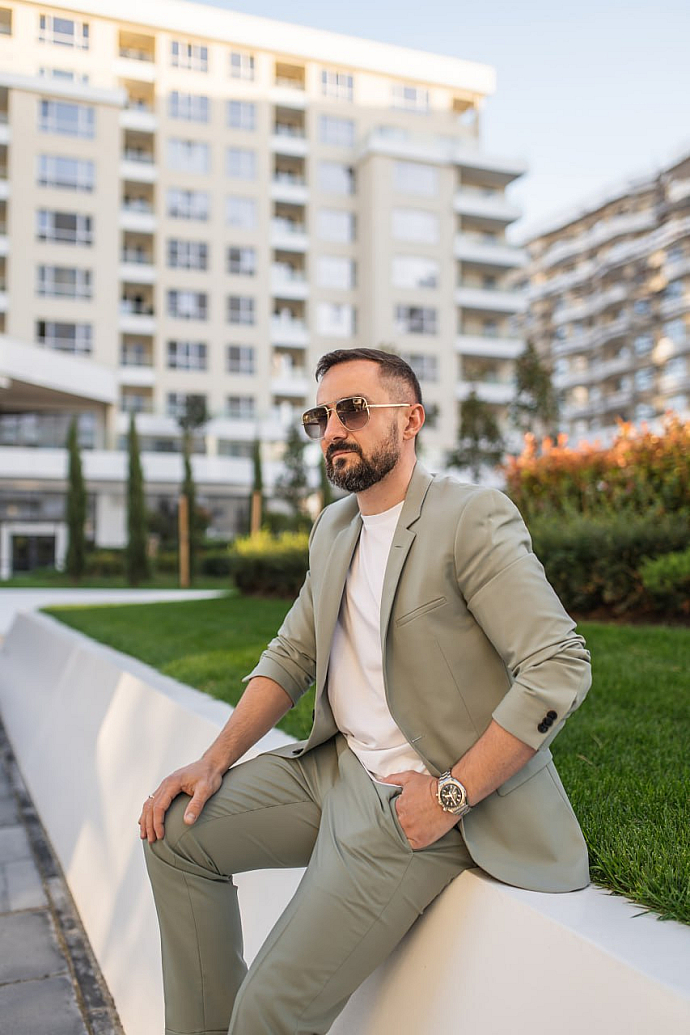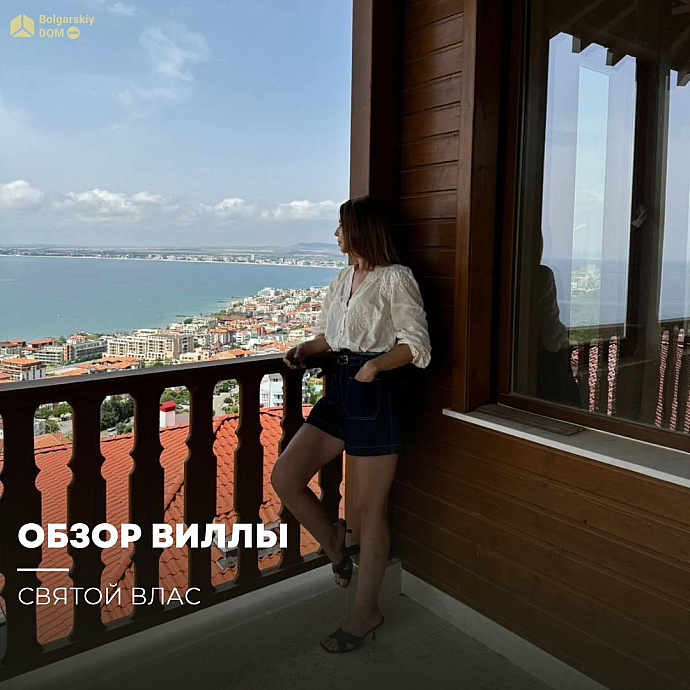In the spring of 2020, when the coronavirus crisis began, experts predicted a fall in market prices. However, despite the lull in spring, prices continued to rise in Q3 and Q4. The same trend is observed in the current year 2021. How can this be explained and what will happen to property prices in Bulgaria in the coming years?
The main reason for this situation is the rapidly growing demand, which exceeds the supply of real estate. Over the past year, real estate agencies have registered a decrease in the number of offers, as many have withdrawn residential properties from sale in anticipation of better prices.
In March-April 2020, there was a decrease in the number of ads by almost 20%.
The high demand for houses and apartments from the citizens of Bulgaria is explained by the following.
First, low interest rates on mortgages. Bulgarians enjoy being homeowners and are now experiencing historically low mortgage rates. Now virtually anyone with a stable income can afford to buy an apartment. Moreover, the maintenance of a private house / apartment is relatively cheap - you can have it and not spend it.
The average buyer profile is people under 35 years old with an income of about 2200 leva (≈1 125 euros) per month.
Secondly, the low profitability of deposits. Investing in real estate is more profitable than keeping money in a bank on deposits.
By 2021, individuals in the savings and deposits of Bulgarian banks are 64 billion leva (≈32.7 billion euros).
Third, the upcoming Bulgaria's accession to the Eurozone and public concerns about possible inflation. This should happen in 2024. It is very likely that by then the price level will rise.
Already, in some districts of Sofia, the price increase is 11%. There is a great demand for three- and four-room apartments. A similar situation is observed in Burgas and other cities on the Black Sea coast.
So, buying a property in Bulgaria in 2021 is becoming a profitable investment. Strong demand will provoke a positive price trend over the next few years.
Read also:




.jpg)




